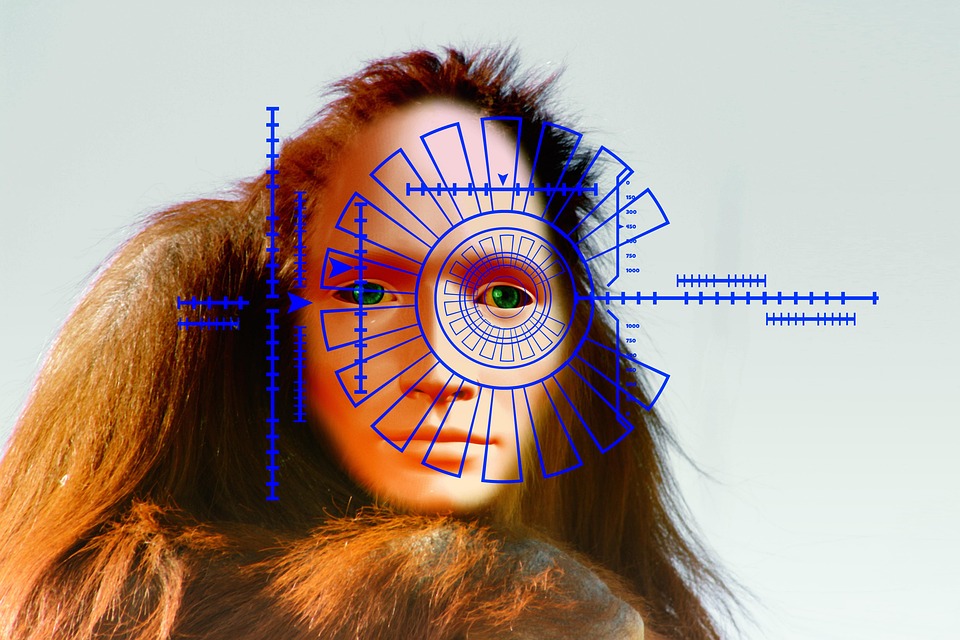Essential Interview Guide for Aspiring Human Resource Development Officers: Tips and Best Practices
When stepping into the world of Human Resource Development, one must recognise the significance of a well-prepared interview. This role is not merely about managing personnel; it’s about fostering potential, nurturing talent, and driving organisational growth. Here’s a guide to help you navigate the often-treacherous waters of the interview process and emerge victorious.
1. Understanding the Role
Before you even think about your outfit or the route to the interview, take a moment to dissect the position itself. What does a Human Resource Development Officer actually do? The responsibilities stretch far and wide—from conducting training needs analyses to designing comprehensive development programmes. Familiarise yourself with the core competencies required. Think about how your skills align with these expectations.
2. Research the Organisation
Knowledge is power. Investigate the company’s ethos, values, and recent developments. What are their training initiatives? How do they support employee growth? This not only showcases your genuine interest but also allows you to tailor your responses to align with their mission. Consider this: how can you contribute to their vision?
3. Reviewing Your Experience
When it comes to discussing your past experiences, specificity is key. Instead of merely listing your qualifications, weave a narrative around them. Use the STAR method—Situation, Task, Action, Result—to articulate your achievements vividly. Did you implement a new training programme that boosted employee engagement? Share the details! Numbers and tangible outcomes resonate well with interviewers.
4. Anticipate Common Questions
Though each interview has its unique flavour, certain questions invariably pop up. Prepare to discuss your approach to conflict resolution, your philosophy on employee development, and how you measure success in your initiatives. Think about your answers in advance, but ensure they remain flexible enough to adapt to the flow of conversation.
5. Showcase Soft Skills
In HR development, technical skills are important, but soft skills often take centre stage. Communication, empathy, and the ability to inspire trust—these traits can set you apart. Illustrate these qualities through anecdotes that demonstrate your ability to connect with others. Remember, it’s not just about what you say, but how you make the interviewer feel.
6. Prepare Thoughtful Questions
An interview is a two-way street. Be ready with insightful questions that not only clarify your doubts but also display your critical thinking. Ask about the company’s approach to employee development or how they measure the effectiveness of their training programmes. This reflects your proactive nature and genuine interest in the role.
7. Follow Up
After the interview, don’t underestimate the power of a well-crafted follow-up email. Thank your interviewers for their time and reiterate your enthusiasm for the position. It’s a simple yet effective way to leave a lasting impression and keep the lines of communication open.
As you prepare for your career in Human Resource Development, remember that the interview is a platform for you to shine. By understanding the role, researching the organisation, and articulating your experiences with clarity, you’ll be well on your way to securing that coveted position.
CVPortal continues to provide you with an array of high-quality CV references, ensuring you are well-equipped for your job search journey.


